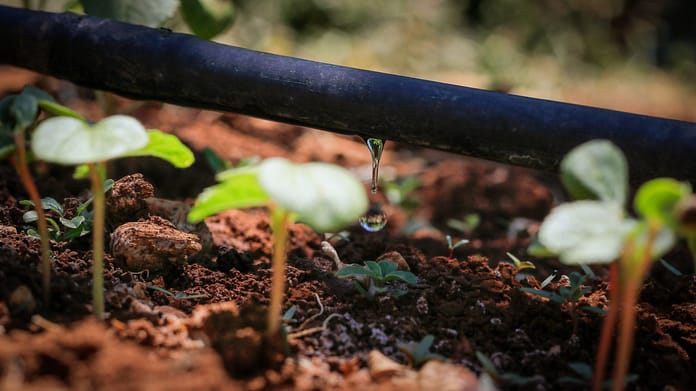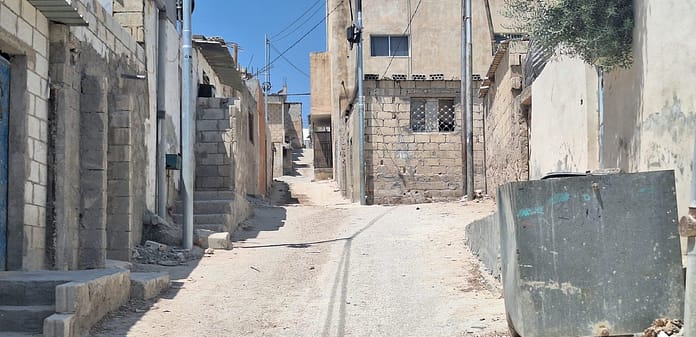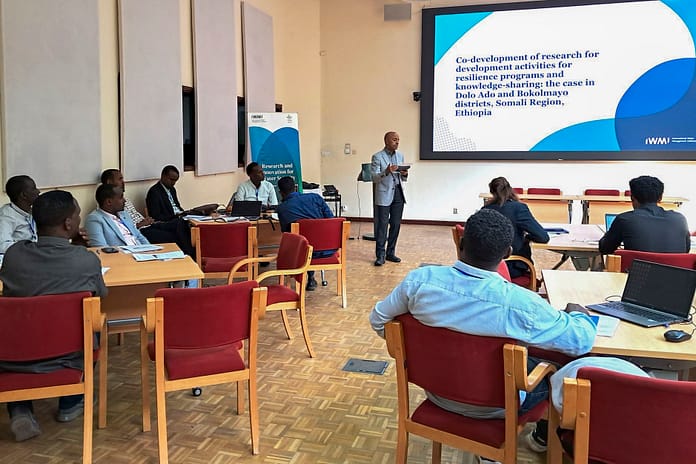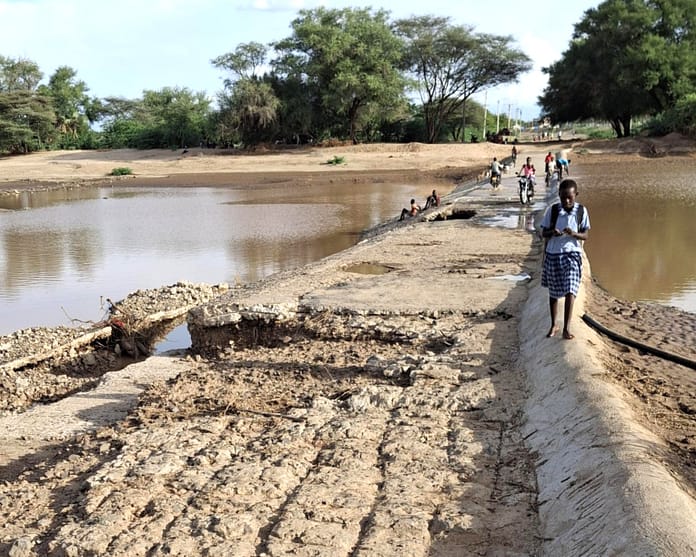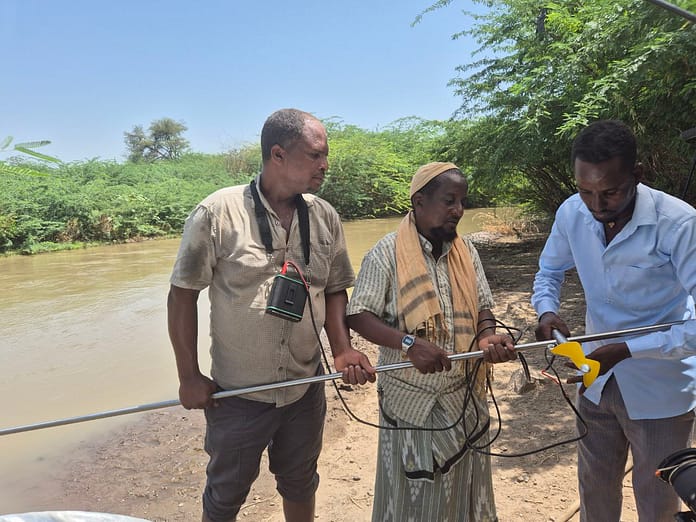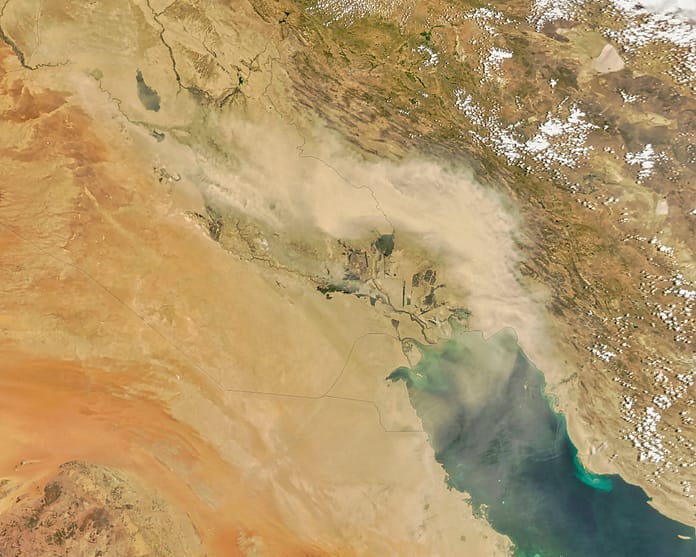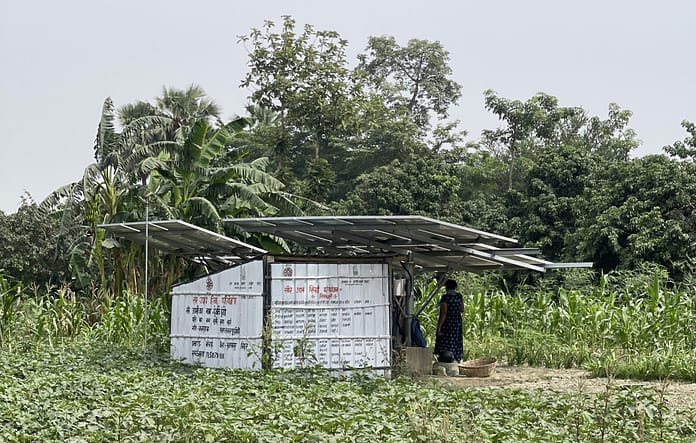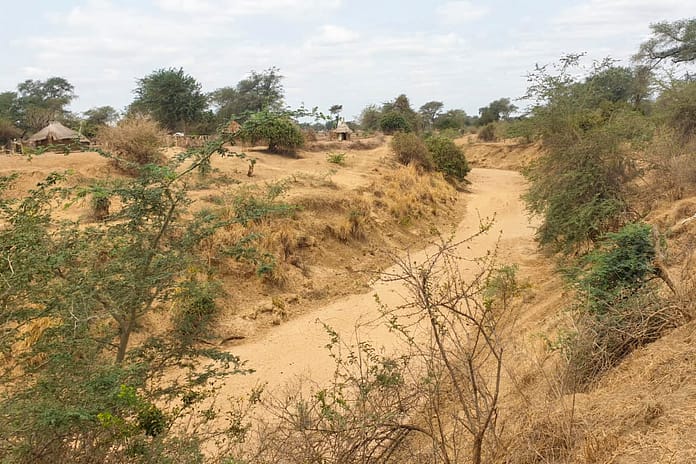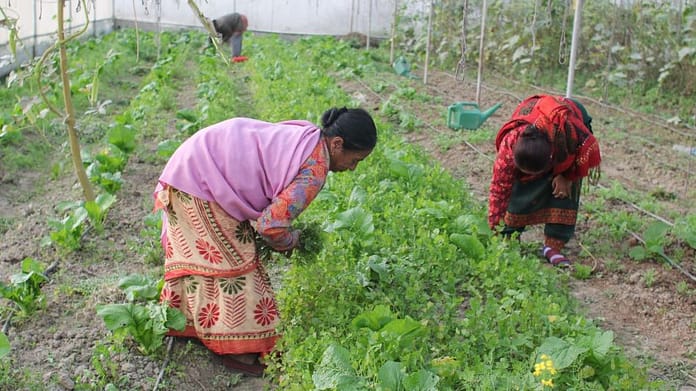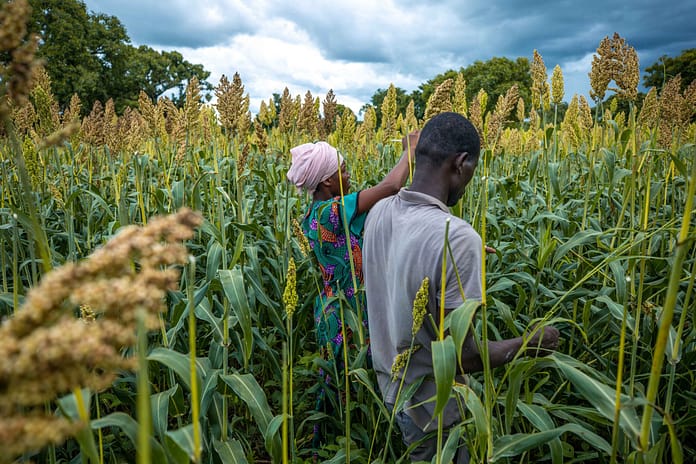The International Water Management Institute’s (IWMI) experience with localized solutions, regional knowledge and global expertise allow it to further climate research in Central Asia. At the recent Central Asian Climate Change Conference 2025 (CACCC) which took place in Ashgabat, Turkmenistan under the central theme, “Linking Climate Goals to Action: Turning Ambitions into Reality,” IWMI aimed to support the processes of climate cooperation, promote climate–smart approaches towards water and land management and continue relationship development with Central Asian partners.

This conference recognizes Central Asia as one of the most climate-vulnerable regions in the world and calls for an urgent transition from declarations to practical action. Bringing together over 250 participants — including representatives of governments, international organizations, the scientific community, civil society and youth — it demonstrated that climate challenges in the region can only be effectively addressed through close cooperation and coordinated efforts.
Climate-smart solutions to tackle the climate crisis in Central Asia
During CACCC, IWMI and its partners, the National Institute of Desert, Flora and Fauna of the Ministry of Environmental Protection of Turkmenistan, the Xinjiang Institute of Ecology and Geography and the Chinese Academy of Sciences lead a discussion on the deepening environmental crises in Central Asia. Participating experts proposed cooperative, science-driven responses and added critical substance to regional discourses.
The session highlighted alarming trends, including the dramatic reduction of glaciers, a two-meter decline in the Caspian Sea level since 2000 and the degradation of over 80 million hectares of land — impacting 30% of the region’s population. It stressed the urgency of coordinating research and practical measures to reverse land degradation, combating desertification, protecting biodiversity and restoring ecosystems like the Aral Sea basin.
Blue Peace Central Asia initiative to boost water resource management
In Central Asia, IWMI in partnership with the Central Asia Regional Economic Cooperation Program (CAREC), is leading the implementation of the Blue Peace Central Asia (BPCA) Initiative, a project funded by the Swiss Agency for Development and Cooperation and designed to enhance collaboration and effective management of water resources across the region. The expert consultation that took place at the occasion of the CACCC, allowed project partners to elaborate their future regional vision of the initiative to be presented at the Regional Climate Summit 2026 (RCS-2026) in Kazakhstan.
Turkmenistan’s vulnerability — driven by its arid climate, desert landscapes and dependence on transboundary water flows — was a central focus. The session addressed the urgent need for coordinated scientific monitoring, assessment and recommendations to respond to increasing water scarcity. It also facilitated discussion between national experts to identify research and priorities in adaptation, contribute to a regional meta-study and vision document, promote the involvement of young and women scientists and strengthen the emerging of a Community of Practice on Water and Climate Change Adaptation (CoP-WCCA).
Grounded in two foundational regional studies on climate change research gaps and the water-climate-mobility nexus, the session reinforced BPCA’s role in advancing science-informed, inclusive policy solutions for water resilience in Central Asia. It further demonstrated the importance of building bridges between national expertise and regional strategies through dialogue and knowledge exchange.
Central Asian countries commit to accelerating climate adaptation
During CACCC, countries of the region reaffirmed their commitment to implementing Nationally Determined Contributions, national adaptation plans and advancing the Regional Climate Change Adaptation Strategy. The conference emphasized the need for a systemic approach: from mobilizing climate finance and developing innovative instruments to aligning macroeconomic and investment policies with climate goals. The role of science, youth and civil society in driving climate action cannot be underestimated to achieve these commitments. Their involvement gives the region’s climate policy a dynamic, inclusive and sustainable character.
Overall, the conference strengthened regional solidarity and expressed support for national initiatives. IWMI’s contributions reaffirmed the critical role of research, cooperation and political commitment in accelerating climate adaptation and environmental restoration in Central Asia.


